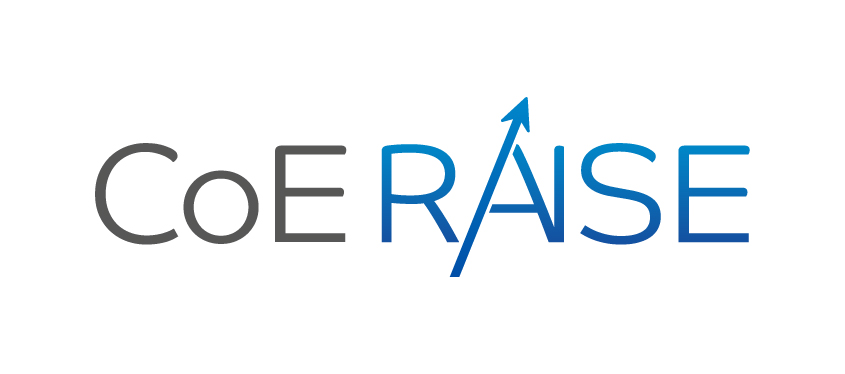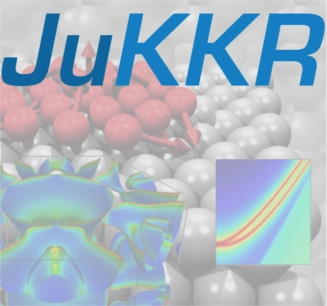All software

PIConGPU
PIConGPU is a relativistic Particle-in-Cell code running on graphic processing units as well as regular multi-core processors. It is Open Source und is freely available for download. It can be used to study plasmas with relativistic dynamics, solving the Maxwell-Vlasov system of equations.
- C++
- CPU
- GPU
- + 9
- C++
- Python
- Shell
- + 5

alpaka
The alpaka library is a header-only C++17 abstraction framework designed for computing accelerator development. It enables developers to implement algorithms once and execute them across a range of platforms, including x86, ARM, and RISC-V CPUs, as well as accelerators from NVIDIA, AMD, and Intel.
- C++
- CPU
- CUDA
- + 7
- C++
- CMake
- Shell
- + 1

Heat
Heat is a flexible and seamless open-source software for high performance data analytics and machine learning. It provides highly optimized algorithms and data structures for tensor computations using CPUs, GPUs and distributed cluster systems on top of MPI.
- CPU
- Data analysis
- Earth & Environment
- + 5
- Python
- Shell
- Dockerfile

SMG2S
SMG2S (Sparse Matrix Generator with Given Spectrum) is able to generate large-scale non-Hermitian and non-Symmetric matrices in parallel with the spectral distribution functions or eigenvalues given by users, and the spectrum of generated matrix is the same as the one specified by the users.
- CPU
- High performance computing
- Matrix Computation
- + 1
- C++
- Python
- CMake
- + 1

AI4HPC
AI4HPC, part of CoE RAISE, is an open-source library to train AI models with CFD datasets on HPC systems. AI4HPC also includes a benchmarking suite to test the limits of any system with CPUs and GPUs towards Exascale and a HyperParameter Optimization (HPO) suite for scalable HPO tasks.
- Artificial Intelligence
- Computational Fluid Dynamics
- CPU
- + 4

JuKKR
The Korringa-Kohn-Rostoker (KKR) Greens function method is a highly accurate all-electron method to perform density functional theory calculations for the prediction of materials properties based on quantum mechanical simulations.
- CPU
- Density functional theory
- High performance computing
- + 5
- Fortran Free Form
- Fortran
- TeX
- + 2

SMASH - A hadronic transport approach
SMASH is a relativistic hadronic transport approach for the dynamical description of heavy-ion reactions. It is a microscopic non-equilibrium approach and incorporates all well known hadronic states and their interactions.
- CPU
- Matter
- open source
- + 1
- C++
- CMake
- Shell
- + 3